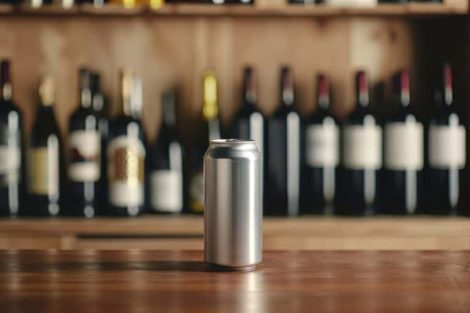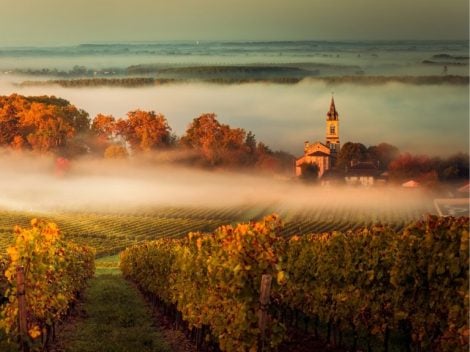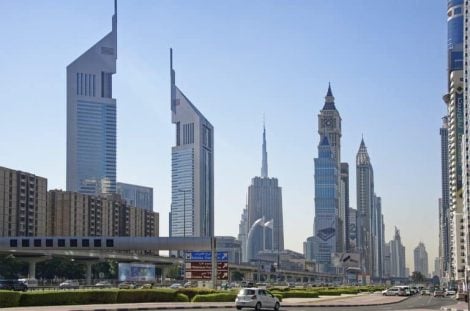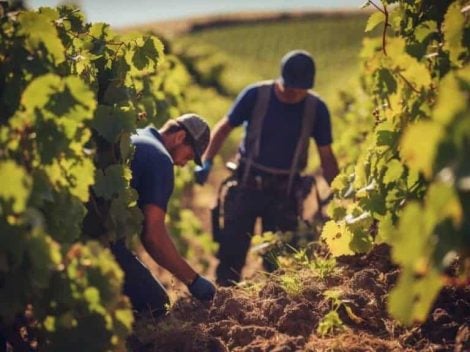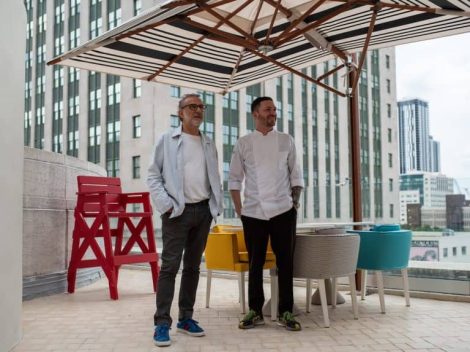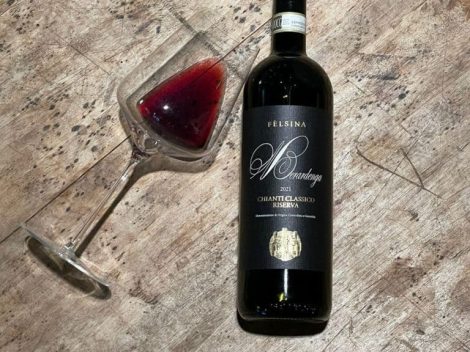Darlington Market
Darlington, in County Durham, is one of the so-called "market towns," that is, villages or towns that, according to medieval European law, obtained permission to hold a market, a custom that's widespread in the United Kingdom but also in Scandinavia and throughout the Germanic area. Since 1864, it's one of the oldest covered markets in the country: Darlington Market. A place where one can find local delights, fresh fruit and vegetables, bread and all the best food shopping items. From the 27th of August 2021, after more than two centuries of history, the structure has been renewed, also giving space to street food stalls, from pizza to Thai food. The occasion was the start of the Darlington Food and Drink Festival.
From traditional market to gastromarket
What has always been one of the points of reference - and reasons for pride - for city life, therefore presents itself in a modern guise, with a more captivating look, while maintaining the original Victorian style design. After all, several architectural changes had already been made over the years, such as the elegant neo-Gothic design by Alfred Waterhouse, designer of Manchester Town Hall and the Natural History Museum in London. The original building, however, was an open plan, but it has been fenced in for some time to accommodate the vendors, who will now also host chefs and restaurateurs.
The food stalls and the bar
The offer is wide and varied, in line with the format of contemporary gastronomy markets: there is pizza, there are burgers, and also authentic Hungarian cuisine, with kebabs, wraps, goulash at the Taste of Budapest stand, which for the first time takes root in a fixed place: "My business has been on wheels for three years. It's family run, this is a great opportunity for us," said owner Sab Szilagyi. Then there is space for Thai dishes with Manao Thai, which brings the best of traditional street food to the English capital, while for a tasty and quick meal there are the wraps made by The Yorkie Wrap Co. In addition to the food vendors is also a bar with 150 seats where patrons can stop for a fine drink while listening to live music. In short, a market that aims to be firstly a space for sharing and a meeting point for the locals. A change that takes on an even deeper meaning in pandemic times, a hard period for the dining sector during which rediscovering the sense of conviviality becomes not only a challenge but a very necessary common project.
by Michela Becchi

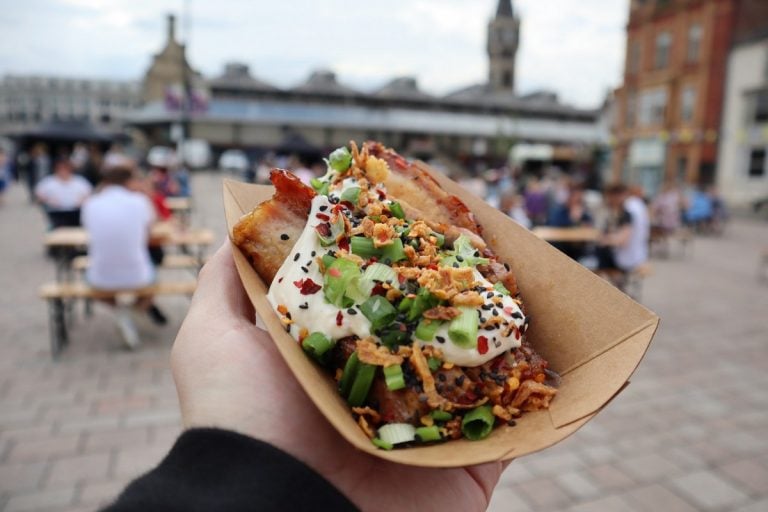
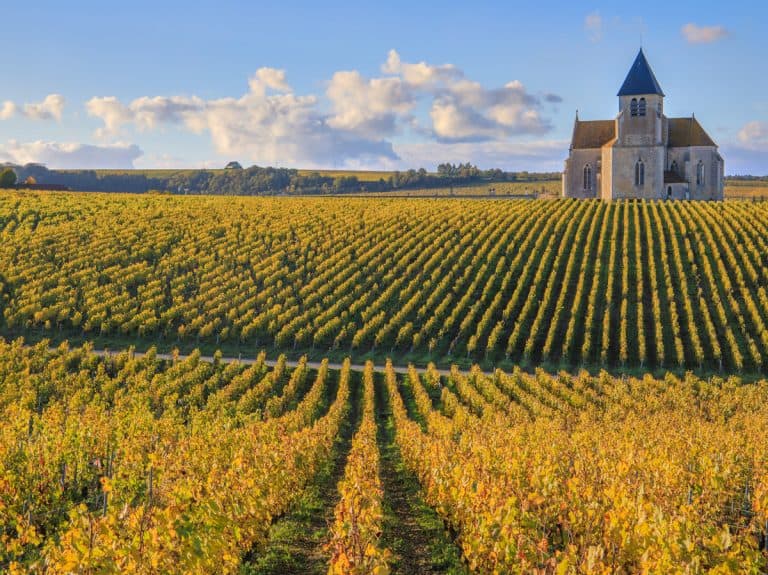 Burgundy’s resilience: growth in fine French wines despite a challenging vintage
Burgundy’s resilience: growth in fine French wines despite a challenging vintage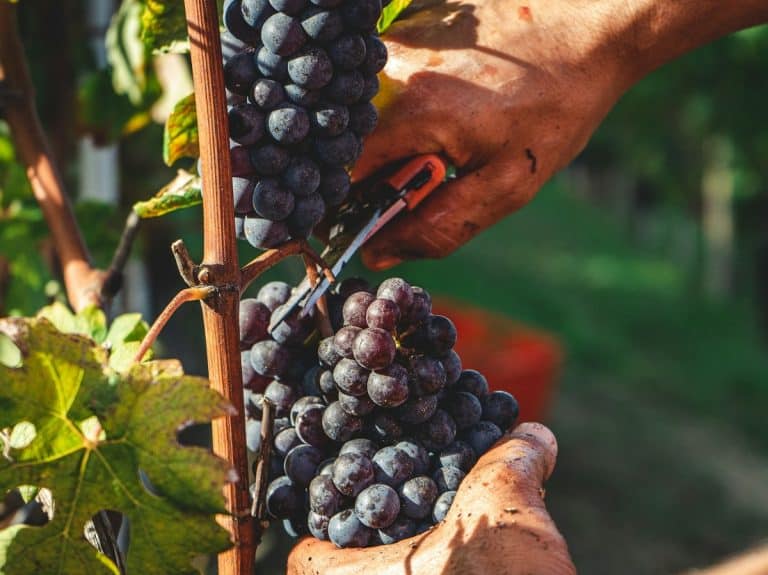 Wine promotion, vineyard uprooting, and support for dealcoholised wines: the European Commission's historic compromise on viticulture
Wine promotion, vineyard uprooting, and support for dealcoholised wines: the European Commission's historic compromise on viticulture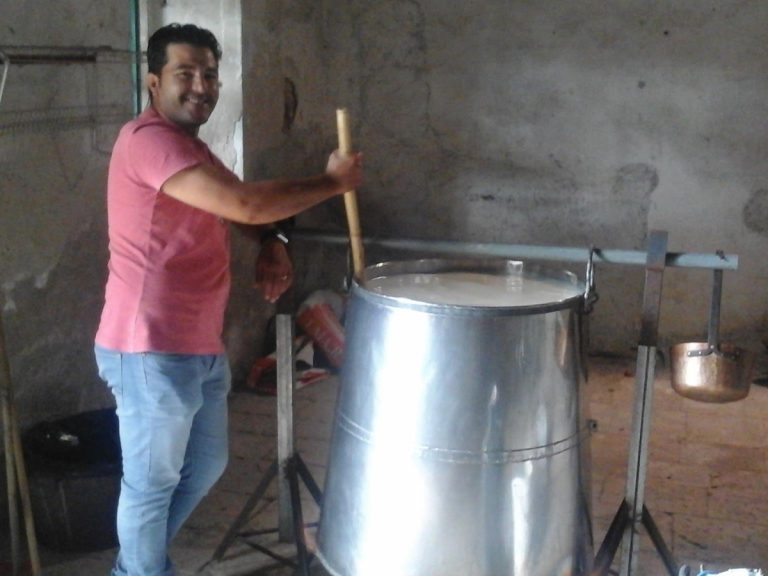 A small Sicilian farmer with 40 cows wins silver at the World Cheese Awards
A small Sicilian farmer with 40 cows wins silver at the World Cheese Awards Women are the best sommeliers. Here are the scientific studies
Women are the best sommeliers. Here are the scientific studies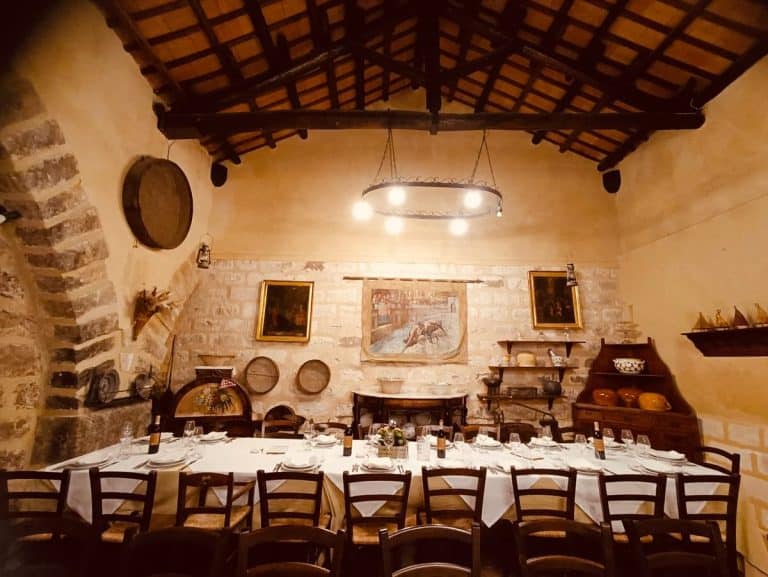 Where to eat at a farm stay in Sicily: the best addresses in the Provinces of Trapani, Palermo, and Agrigento
Where to eat at a farm stay in Sicily: the best addresses in the Provinces of Trapani, Palermo, and Agrigento
